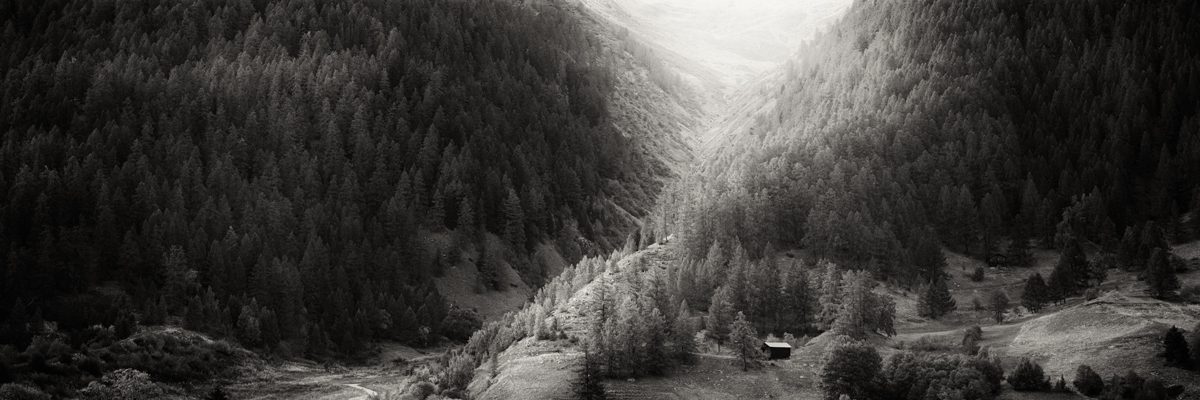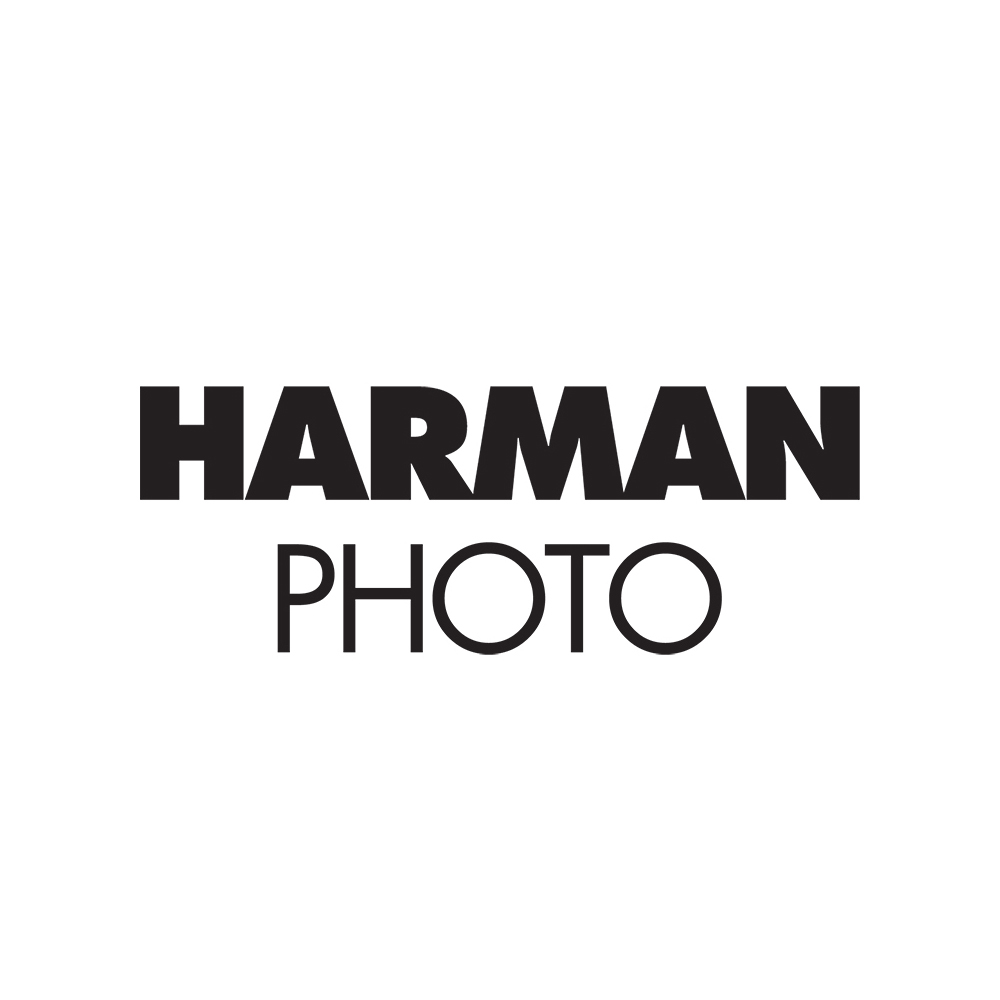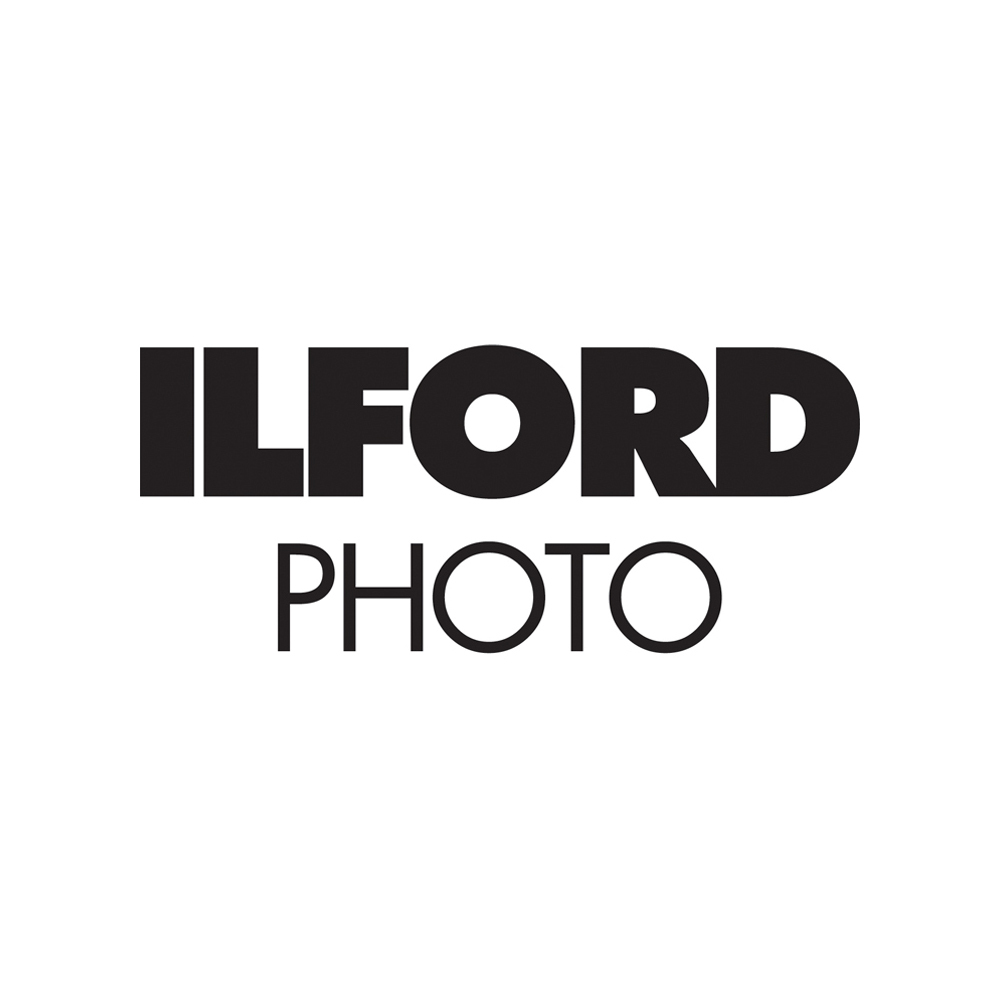How I Got This Picture - Jane Meling Posted On 7th May 2024 To Magazine & How I got this picture

We caught up with the incredible Jane Meling to unveil the secrets behind her breathtaking panoramic landscape masterpiece! Join us as we unravel the secrets in our exclusive 'How I Got this Picture' series.
Image Title
River Of Light

TECHNICAL INFO
Film Used
Format
120/617
Camera
Linhof Technorama 617s III
Lens
Schneider 250mm Tele-Xenar
Exposure time
1 second
Other equipment
Gitzo Explorer Tripod, Lee 100 red filter
Location
Ober Goms, Geschinen, Valais, Switzerland
Firstly, tell us the story behind this image. What inspired you to shoot it?
I live not too far from this location. It is a place I like to travel to frequently either for a bike ride, or for my husband to go for a swim in the small freshwater lake which is located here.
On this afternoon my husband was having an afternoon swim whilst I was enjoying the October sunset. On the opposite side of the valley from where we were I saw the setting sun casting its reflective light in the crevice on the mountain side, and the lighting was beautiful.
I try not to leave the house without bringing a camera when we are going on one of our afternoon drives, and this afternoon was no different. On this occasion, I brought with me my Linhof Technorama s III and the 250mm lens. I rushed to the van and got my camera, tripod and light meter which I set up at the edge of the small lake, with the camera facing the mountains opposite.
I used the ground glass to achieve critical framing as I wanted to avoid a small quarry located at the bottom of the valley which would have been a distraction in the image. Set the aperture at f32 and shutter speed at 1sec. Used a red filter as well to try and add some contrast to the scene. Ended up taking five light meter readings in order to determine the best setting, trying to avoid blowing out the highlights and also preserving the shadows the best I could. I used the entire roll of film on this subject with slight variations in the exposure.
This was one of those images that just happened, and where the beautiful light is what makes the image. I have driven past this location, and I have been at this spot countless of times where the subject has passed me by because the lighting wasn’t right. On this afternoon however it all seemed to click into place, and I found myself at the right location at the right time.
DID YOU COME ACROSS ANY CHALLENGES?
This photo was quite straight forward. With a film like the ILFORD FP4 plus, even with a relatively high dynamic range subject I will have no issues exposing without risking blowing out the highlights or smudging the shadows. The FP4 Plus is a film that I have grown to like a lot and it has proven to be a reliable and aesthetically pleasing film that fits my shooting style.
WHAT PROCESS DID YOU USE?
I used the Gitzo Explorer II Basalt tripod with a geared tripod head which is sturdy enough to hold the Linhof but not too heavy for me to carry with me. I used a red Lee filter 100.
HOW DID YOU PROCESS IT?
I develop all my films using the JOBO system. I use a CPA2 processor with lift, and this particular film was developed as part of a batch of 14 rolls of 120 film.
The film was developed using the ADOX FX39II alongside ILFORD Stop and Rapid Fix solution. I also frequently use the Ilfotec DDX to develop my FP4 Plus films.
The negative was scanned using the Plustek 120 Pro scanner. The Plustek 120 pro when used with Vuescan allows me to scan the. 617 negatives in one scan.
WHAT ABOUT PRINTING?
I am in the process of setting up a printshop along with A new website but it will sadly only be digital printing and not dark room printing.
Images ©Jane Meling
About The Author







